In Makoto Shinkai's latest Suzume, this coming-of-age story goes beyond the typical fare of the genre with how it approaches grieving. Memories hold power and what we choose to do with them can mean the difference between finding peace and being swallowed up by a monster of our own making.
Suzume Review
In the countryside of Japan, Suzume Iwato (Nanoka Hara; Nichole Sakura) is living with her aunt Tamaki (Eri Fukatsu; Jennifer Sun Bell) who has been caring for her since the tragic loss of her mother when she was only a child. One day, Suzume meets and is instantly drawn to a kind and mysterious stranger named Souta (Hokuto Matsumura; Josh Keaton). When she follows him to an abandoned site, she discovers a mysterious door that opens to another world. The door is actually a portal to a place where all time exists. Its purpose is to keep giant worms from destroying Japan with devastating earthquakes. Souta is a part of a long line of people chosen to lock these doors. All is going well until Suzume accidentally releases one of the keystones powering the doors and Souta is turned into a chair by the magical cat Daijin (Ann Yamane; Lena Josephine Marano). Suzume is determined to fix everything, and together with Souta sets out to find Daijin and save Japan. But shocking truths surface as Suzume faces her past and the memories that come with it.
Suzume is an endearing film about loss, love, and the power of memories. Although on the surface it appears as a typical coming-of-age story, it goes beyond that with the unique way it approaches grief and how memories play a key role in the healing process. The animation is incredibly detailed, the score beautiful, and the voice cast delivers strong performances. After Your Name and Weathering With You Shinkai once again has put together something that is sure to capture audiences' hearts.
From the start it is clear that the animation team at CoMix Wave set out to create impressive visuals. The art of the backgrounds, to the tangibility of the scenes, as well as the varied emotions playing across the faces of the characters are beautifully rendered. Everything is so incredibly detailed that it is likely to draw comparison to some iconic Studio Ghibli releases. At times the CGI layered with the 2D animation can come across a little muddled but it doesn't last for long and is never to the point where it pulls you out of the moment. Radwimps once again partners with Shinkai to provide the music for Suzume along with Kazuma Jinnouchi. The score is equally touching and moving as Suzume and Souta race to save Japan and heal the brokenness inside themselves.
Visuals aside, it is the exploration of grief that makes Suzume such an intriguing watch. Shinkai's script deftly handles the grieving process and the fallout associated with tragic events. There is of course the deep sadness associated with loss but also resentment and loneliness as the hurtful events of the past cause issues in the present. This is not only captured in Suzume's circumstances but also in the places she and Souta visit. Abandoned ruins and the ghosts of memories that still haunt them act as a metaphor for the lasting effects of grief. Time does not necessarily heal all wounds. Rather it can allow that trauma to transform into something quite monstrous if we do not allow ourselves to heal.
Suzume's relationship with her aunt Tamaki is a prime example of what happens when the bitterness of loss takes root in the heart. Tamaki and Suzume love each other but both were thrown into a situation they didn't sign up for. It all comes to a head in an emotional exchange between the two that ends up being one of the most impactful scenes in the entire film. The writing is heartfelt but it is the performances of the actors that really sell this moment. Their bond is real, the strain is something many can relate to, and the ultimate resolution feels well earned.
On the other side of the emotional coin, Souta plays the love interest and steadfast companion of Suzume. Their connection is a strong one from the start and once again the actors do the work here to make it all feel genuine. The two of them together are a treat to watch as Souta goes from protector to reluctant sidekick when he is transformed from a man into a chair. But his desire to protect the lives of everyone around him never changes and this makes Suzume look outside of her own issues to the greater picture. Although that change in focus is exactly what she needed in order to face the things she has been burying inside herself for so long. Despite the mature topics there is a lot of fun to be had in Suzume. Souta being stuck as a three-legged chair definitely makes for many amusing moments. However it is the adorable, mischievous little Daijin that steals the show in this case.
Ultimately, Suzume is an endearing film about love, loss, and the power of memories. The voice cast gives compelling performances, the score compliments the story, and the animation is remarkable. Shinkai's approach to the grieving process is both heartwarming and creative, leaving the audience a lot to reflect on after the credits. The way the fractured memories and undercurrent of grief flow in tandem with the story to save Japan is truly captivating. While the ending is both cathartic and beautiful. Whether you are a newcomer to Shinkai's work or a fan, Suzume is a must watch.
Suzume is in theaters now and with a runtime of 122 minutes.
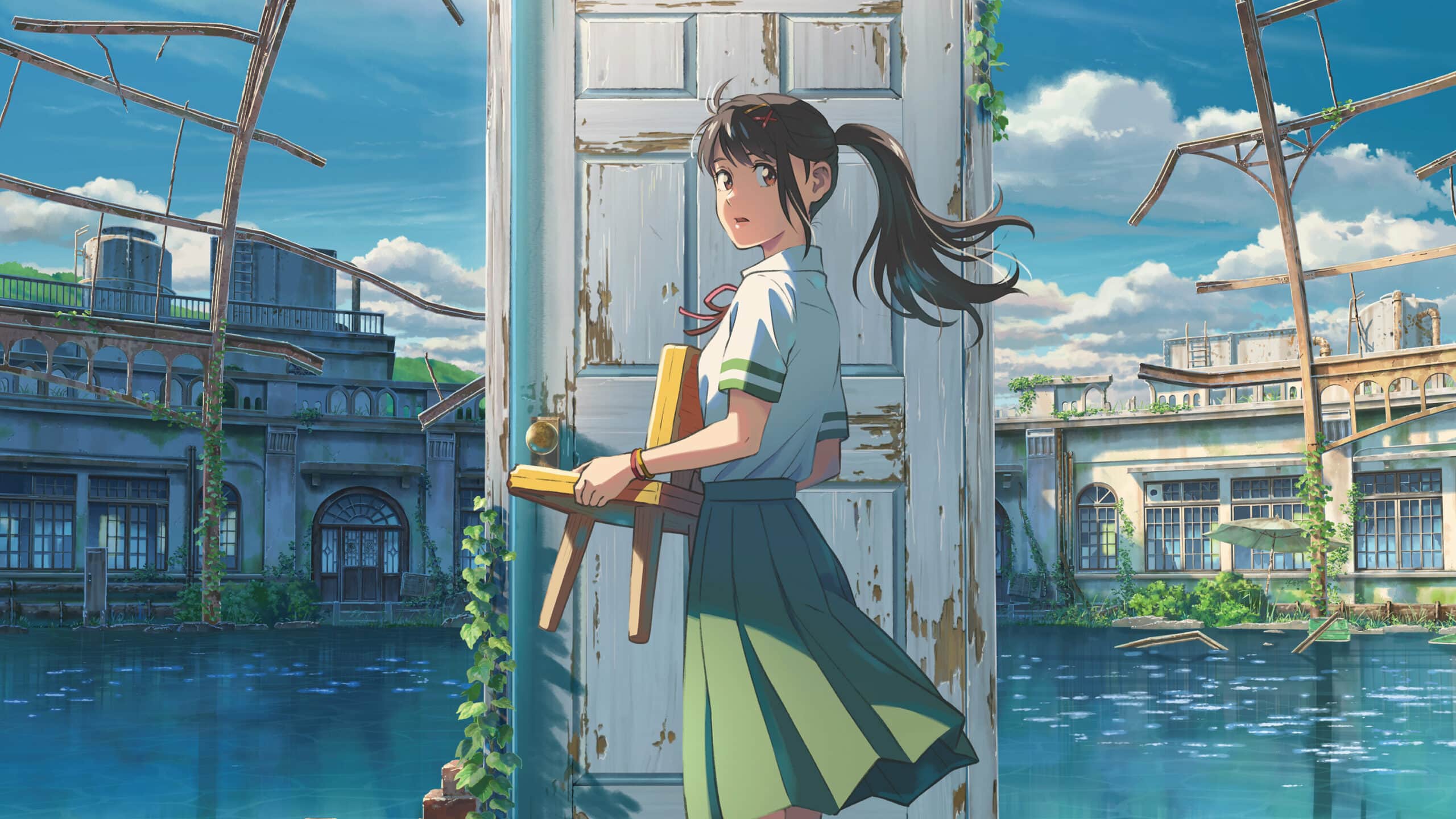
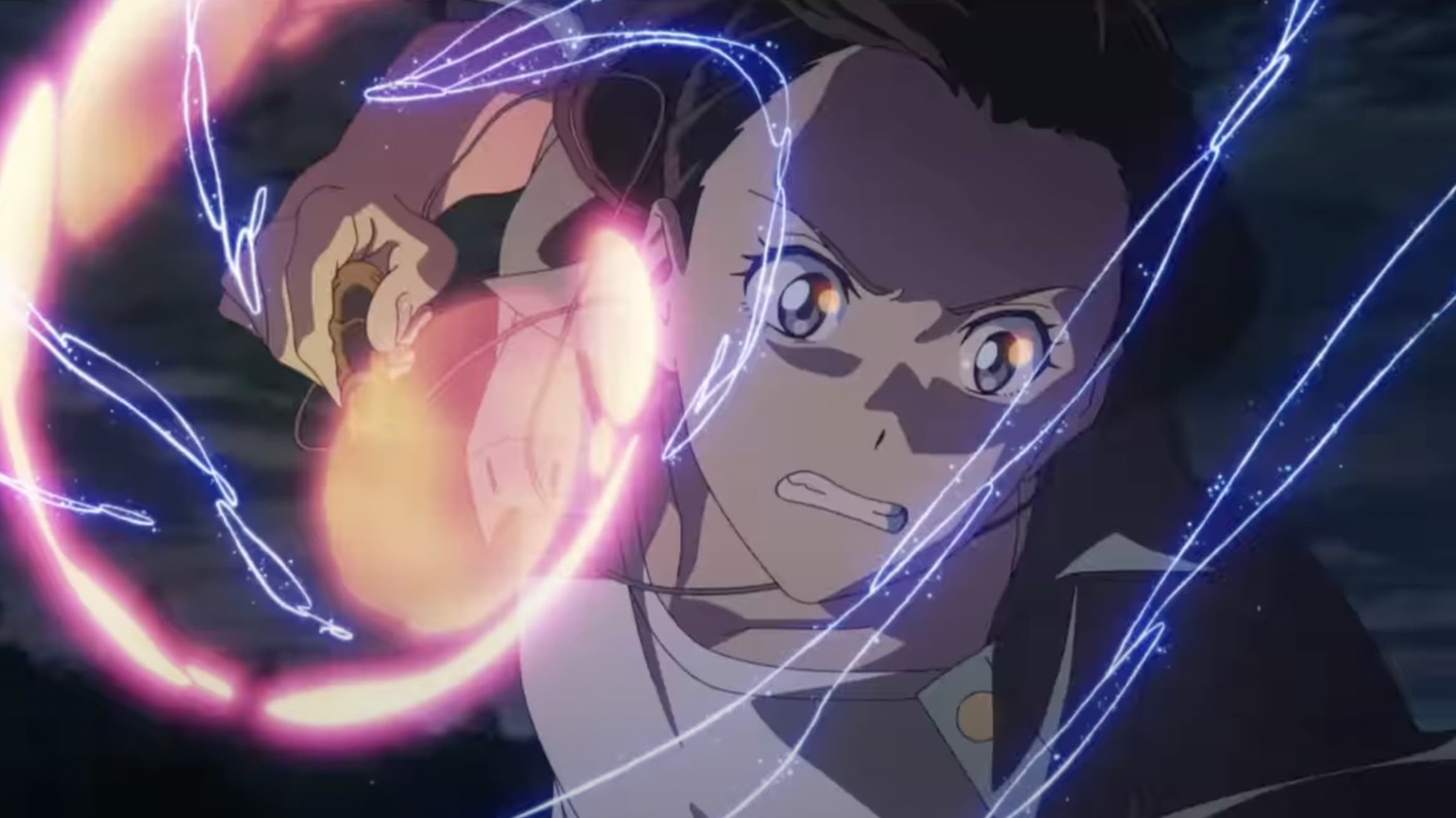
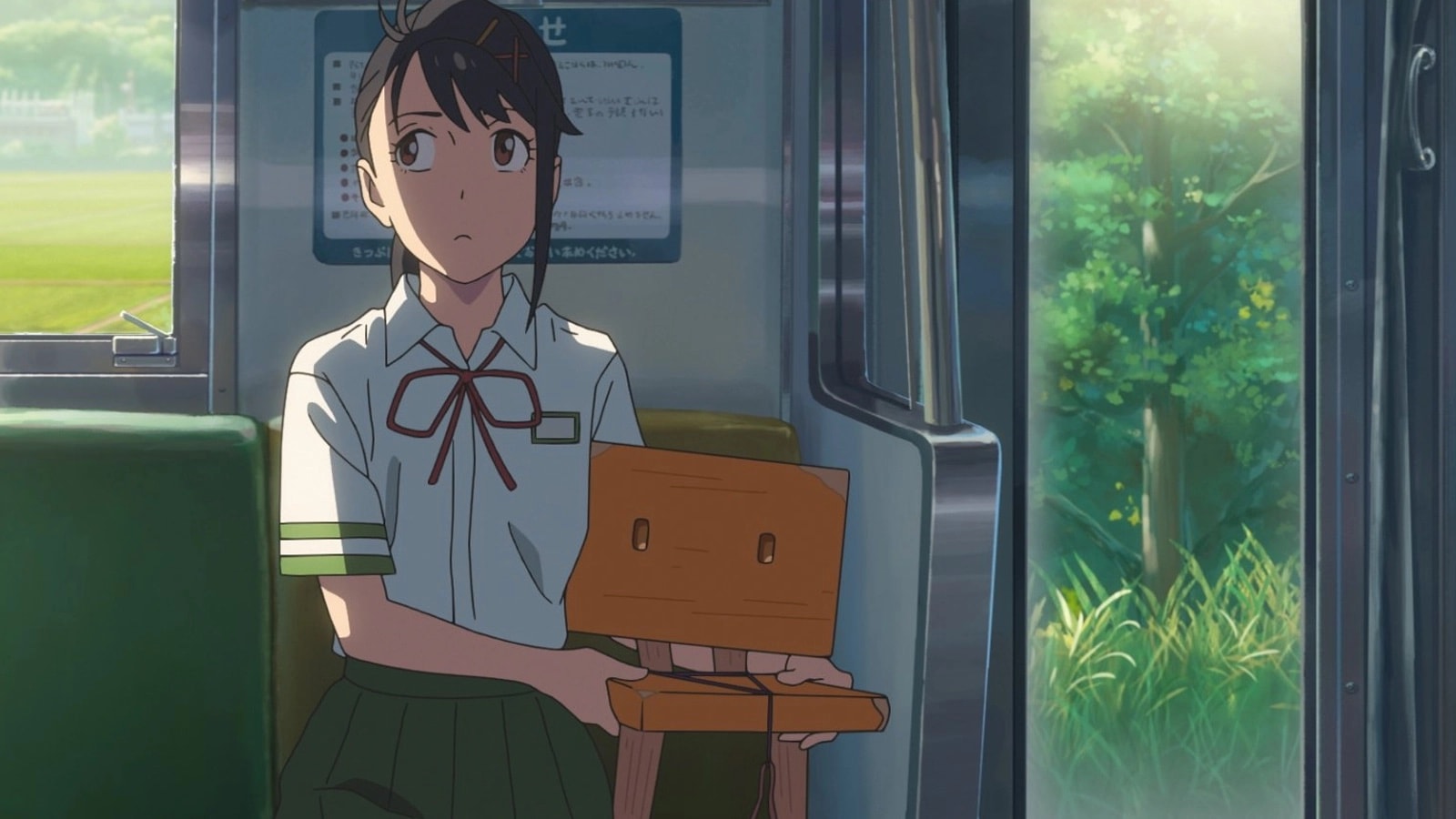



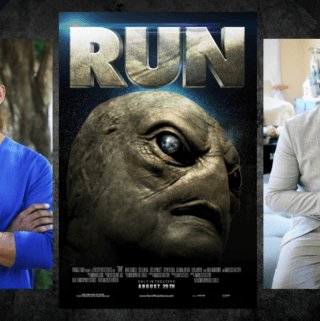
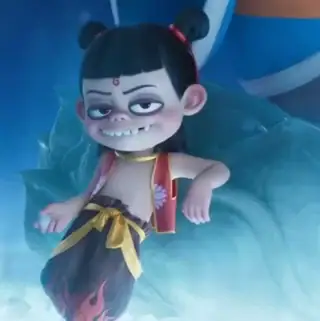

Leave a Reply